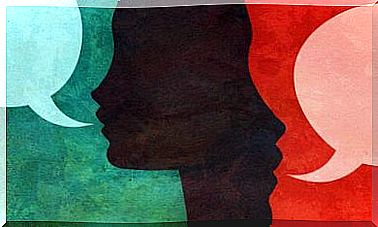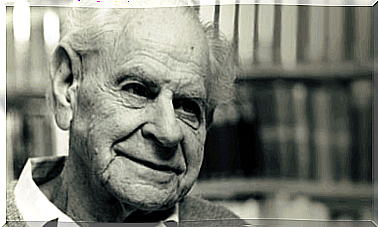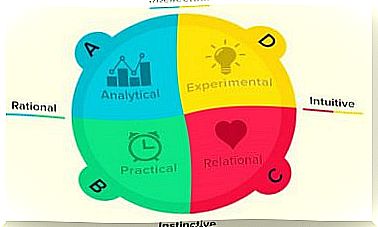From Survival To Personal Development: Self-fulfillment


The characteristics of self-fulfillment
In 1963, Abraham Maslow established that accomplished people had the following characteristics in common:
- They are efficient and precise in their perception of reality.
- They accept themselves, but also accept others and their natural environment.
- They spontaneously express their thoughts and emotions. They are much more natural than artificial.
- They focus on problems and are preoccupied with philosophical questions.
- They are independent and autonomous in meeting their needs.
- They find it easy to combine knowledge and ideas.
- They regularly experience “oceanic feelings” : they are at one with nature which transcends time and space.
- They form deep bonds with others, but with very few people.
- They value the processes that get things done.
- They have a philosophical, delicate and benevolent sense of humor.
- They use creativity to solve problems and have strategies to “wake up” their life when it does fall asleep a little.
- They manage to distance themselves from the culture in which they live.
- They are so strong, so independent, and they have so much confidence in their own outlook on life, that they can sometimes appear temperamental, even callous.
Self-fulfillment: the ultimate experience
Abraham Maslow uses the term ultimate experience to refer to the most intense moments of self-fulfillment. During these experiences, the human being can feel perfectly connected to all the elements of his surroundings. In the same sense, the psychologist Mihalyi Czikszentmihalyi (1975, 1988) developed the concept of flow , which is literally renamed flux and scientifically maximal concentration in French.
This term refers to the most optimal experiences, during which our perception is as acute as possible. We can then completely lose track of time. The feelings that we experience during these phases are admiration, wonder, even ecstasy. This can take place passively, while listening to a song or contemplating a work of art. However, in most cases, they occur when we are immersed in intense activity.
We must also clarify that a flow experience is often composed of the same main elements: clear and achievable goals, a high degree of concentration and maximum focus, direct and immediate feedback, a balance between abilities and skills. goal to accomplish, as well as intrinsically rewarding motivation.

First the flow , then the happiness
We can achieve a state of happiness and self-fulfillment through a conscious process. This happens in particular when our attention is focused on an object, and this generates in us, a posteriori, a feeling of pleasure.
Psychologist Mihalyi Czikszentmihalyia used the word flow to describe the mental state that people experience when they maintain a high level of concentration, effortlessly, without taking any breaks. This concept also refers to the feelings and emotions produced by those actions and movements, which are rarely motivated by exogenous factors at the origin, and never at the end.
But such experiences are not necessarily pleasant. As the author acknowledges, when we are in a state of flow , we are not happy. But we cannot be happy without experiencing these phases of flow . Keep in mind that happiness is intimately linked to our internal states. Being in a state of flow means that our concentration is totally focused on a specific task. Once this is completed, we can focus on the things we are feeling right now, looking back to contemplate all that we have accomplished.
The flow can be split into several sequences:
- The action: we do something and we put all our attention in accomplishing this task.
- The vision: once the action is completed, we look at what we have accomplished. This retrospective perception allows us to value our experience.
- Emotion: To experience happiness, we need to focus our attention on our internal states. Only then will we be able to say in retrospect that we are happy.
Mihalyi Czikszentmihalyia’s philosophy sees the verb to live as a harmonious fusion between doing, thinking and feeling. Setting goals and achieving them, without feeling like we made sacrifices to achieve them, not only allows us to achieve self-fulfillment, but also to realize an inner path to happiness.
References :
López Palenzuela, D. (sf) Psychology of the personality .










